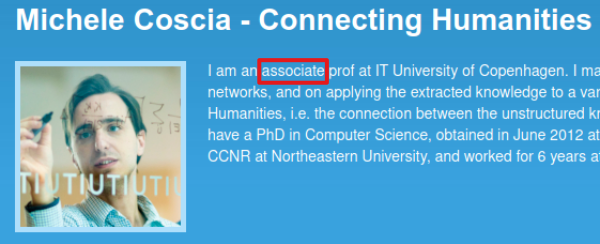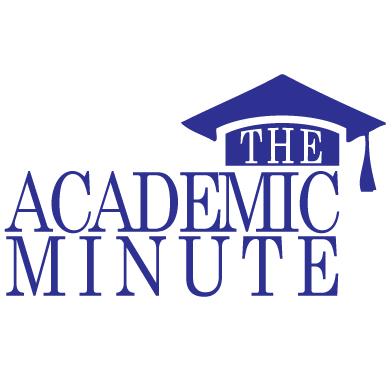PhD Call: Combat Disinformation in Complex Social Systems
The IT University of Copenhagen has put out a call searching for people interested in starting a PhD in computer science in Fall 2021. One of the projects you could work on is my project on disinformation and social networks. You should apply if you think you: might be interested in pursuing a PhD related to misinformation and social media; like the idea of living in the happiest country in the world; and are ok with having a clueless supervisor like me. Link to apply.
The easiest way to figure out what sort of things you’d be doing is by reading my post on the topic of the PhD project. To sum it up briefly: in the first paper of this project, Luca Rossi and I made an agent-based model, simulating the way social media handle misinformation via flagging. We show that the system is counterproductive: its mechanics end up penalizing mostly popular and neutral news sources. Luca will be your co-supervisor, so you’d be working with a real social scientist who has an actual clue about what’s going on.
This project is born out of the idea to make that paper into an actual research program. There are a few paths that are all worth exploring and require a person giving them their full time attention. A few ideas:
- Expand the agent-based model to make it more realistic and to enable it to answer more interesting questions (what if users and sources change their polarity? What if one side is less tolerant than the other? What if tolerance changes over time? What if…?);
- Find real-world data and use it to validate, motivate, or find ideas on how to expand the model and its results;
- Design intervention strategies for social media platforms that are less counterproductive than the ones currently deployed.
The position is fully funded by ITU, so it’s a pretty safe path for 3 to 4 years. The group where I work, NERDS, is full of amazing professionals doing extremely cool research, publishing in Nature, collaborating with UNICEF, and the like. We’re fun, really.
Link to apply, where you should specify that you want to work on the “Modelling Complex Social Systems to Handle Disinformation” project. I hope you’ll give it a thought!




